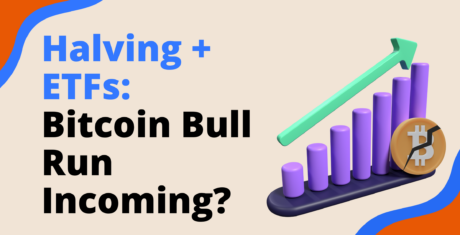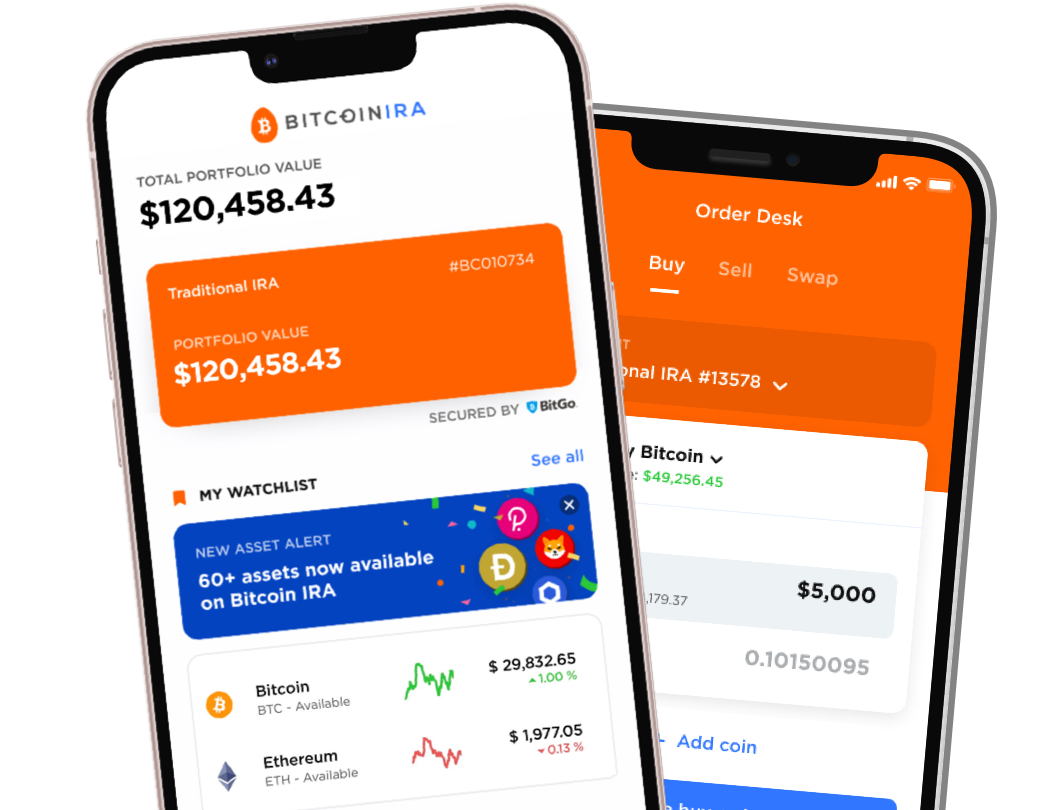Marching into the last week of September, the Bitcoin prices have taken an uptick reaching over to $600 level again. Achieving this for the second time in the month, the currency managed to bounce back after a downward breakout threat. The prices have held up significantly around $595 with heavy technical support coming in at the price. More good news is underway as bitcoin adoption has seen a new development in Asian regions. Let’s look how Japan can now pay utility bills through Bitcoin:
Coincheck launches “Coincheck Denki”:

After Germany, Japan now has the facility to pay their utility bills through Bitcoin. Coincheck, Japanese Bitcoin services firm, has introduced a service “Coincheck Denki” allowing users to pay utility bills through bitcoin. To promote the services, Coincheck is offering 4%-6% rebates for the heavy users. Even the light users can save on their bills through miscellaneous schemes available on their wallet. The amount saved would be available in their linked Coincheck bitcoin wallet.
The service, which is the first of its kind in Japan, will be accessible from the start of November. Coincheck Denki E-net Systems has partnership with Marubeni Power Retail Corporation, which operates plants in 17 locations in central Japan. The company also has electrical business experience in over 22 other countries. The wide presence of Marubeni Power Retail Corporation would hopefully help better adoption of Bitcoin and the Coincheck Denki services.
Cryptocurrency Exchange Poloneix suspends New Hampshire accounts:

According to a note posted on the Exchange’s website, Poloneix has suspended New Hampshire accounts due to state’s cryptocurrency regulations. The customers have been notified to close orders and withdraw funds by 6th of October. Under the 2016 law, a nonrefundable application fee of $500 is required for each license application. Within 30 days from the start of money transmission activity a fee of $25 will be paid to the department for each authorized delegate registration. This adds up to a total maximum annual fee of $5,000 for all locations.
Each money transmitter applicant must post a continuous surety bond in the amount of $100,000. The surety bond is for the benefit of any person who faces damages by any violation of this chapter. Poloneix has assured that the suspension is temporary and they are working out a way to renew their business.
Ripple and Big banks launch First Interbank Blockchain Group:
Blockchain startup Ripple has revealed details of the new interbank group that will create the first blockchain payment. Ripple has revealed that banks are getting closer toward uniform policies and governance for the transfer of money over blockchain. The Global Payments Steering Group (GPSG) sees six founding members that will be working over this intiative.

Marcus Treacher, Ripple’s newly hired global head of strategic accounts said:
“The messaging today across borders is Swift. The de facto way everyone moves money through countries is Swift. That’s what we think we can do better with Ripple.”
Bank of America, Santander and the Royal Bank of Canada are the latest to join the team of founding members. It previously had UniCredit and Standard Chartered; and Australian banking institution Westpac Banking Corp.






 3,500+ 5-Star Reviews
3,500+ 5-Star Reviews